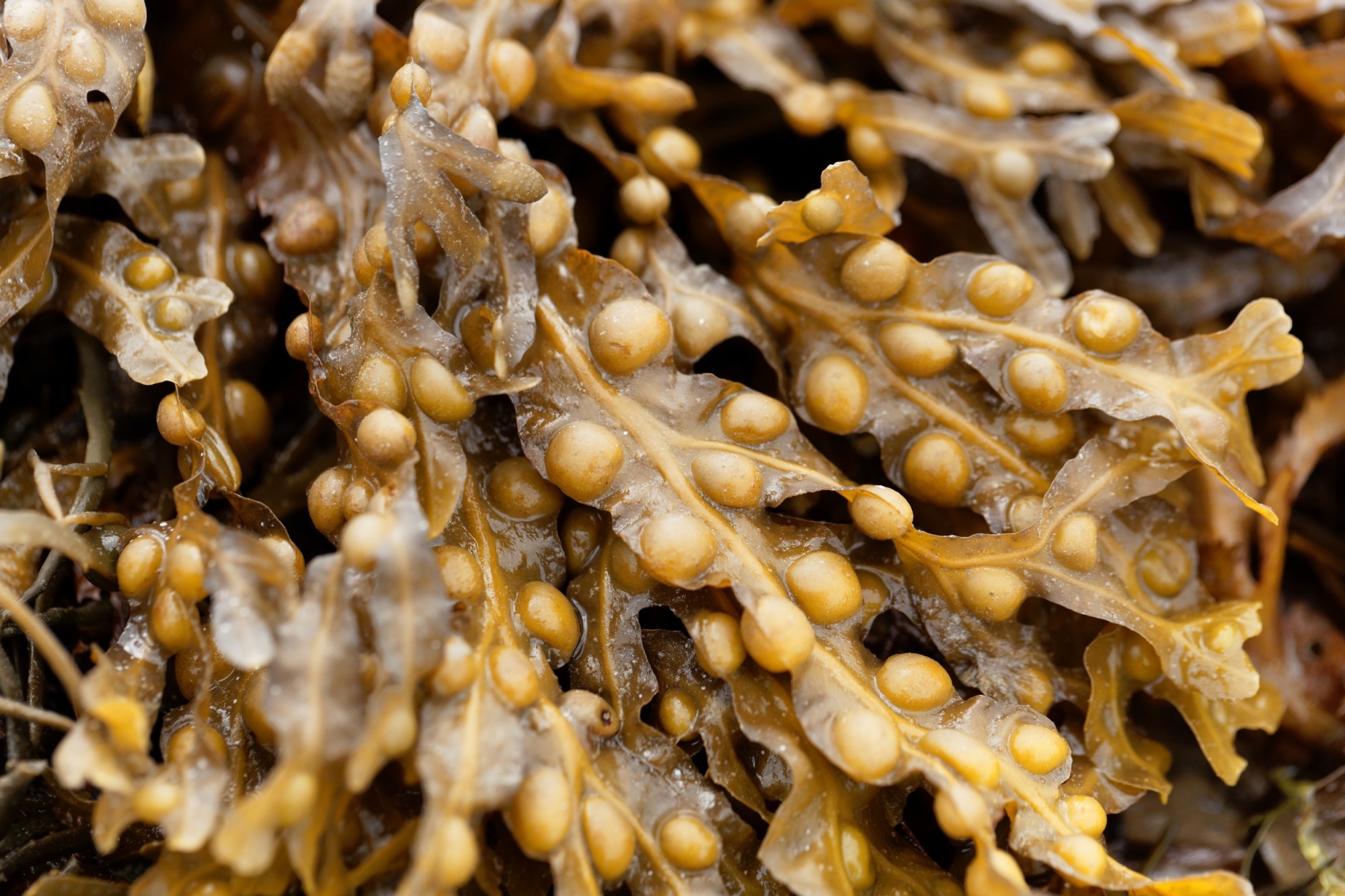In a recent study published in the journal Nutrients, researchers at Seoul National University of Science and Technology conducted a meta-analysis to investigate the pros and cons of brown seaweed consumption (BSC) as a management intervention against diabetes. They collated and analyzed 23 prior publications on the topic and found that BSC is an effective dietary supplement against both type 2 diabetes (T2D) risk and as an intervention to regular blood glucose levels in patients suffering from the condition. Glucose and T2D metrics, including hemoglobin A1c (HbA1c), postprandial blood glucose, and HOMA-IR (fasting blood glucose × fasting insulin/constant), all depicted significantly improved outcomes on brown seaweed intake compared to control who did not consume the dietary component. These findings highlight brown seaweed as a natural, safe, and comparatively inexpensive alternative to conventional T2D clinical interventions.
Study: Brown Seaweed Consumption as a Promising Strategy for Blood Glucose Management: A Comprehensive Meta-Analysis. Image Credit: ChWeiss / Shutterstock
T2D and dietary interventions against the condition
Recent shifts in diets and reductions in physical activity levels have resulted in a significantly increased risk of chronic diseases, including cancers, cardiovascular diseases (CVDs), and diabetes. Research has revealed that the combination of poor dietary behaviors and sedentary lifestyles are the primary contributing factors in type two diabetes (T2D) risk, with over 90% of T2D cases occurring in individuals with abnormally high body mass indexes (BMIs).
Diabetes, characterized by an impaired ability of the body to process sugars, affects 10.5% of all adults, making it one of the most prevalent chronic ailments in the world today. T2D represents 98% of all diabetes cases and is estimated to affect 530 million people globally, with numbers rising by the year. This is alarming, given that T2D is associated with a host of potentially lethal comorbidities, including cancers and CVD. While the condition cannot be permanently cured, T2D management involves the use of insulin, metformin, and various oral sulfonylureas.
Recent research has increasingly revealed the benefits of dietary interventions in reducing T2M risk and treating the condition once acquired. The Mediterranean diet and its derivatives have proven particularly effective in enhancing the positive outcomes of clinical T2D interventions. Unfortunately, most oral anti-diabetics are expensive and have been associated with a plethora of side effects. Bioprospecting for novel, natural anti-diabetics may have found success in the world’s oceans, with recent research suggesting that some of the thousands of species of brown seaweed found therein may present natural and side-effect-free alternatives to conventional T2D therapy.
Consumed throughout history, especially in Asia, brown seaweed is hypothesized to have a host of health benefits, including anti-diabetic. Seaweeds are rich in proteins, dietary fiber, carotenoids, polysaccharides, and polyphenols, which the West is rapidly converting into powers and pills to combat various diseases or just as a nutritional supplement. Hitherto, reviews and meta-analyses synthesizing the benefits of brown seaweed as an anti-diabetic remains lacking. A review would better equip clinicians and T2D patients with the information needed to allow for the incorporation of brown algae into their regular health behavior routines.
About the study
In the present study, researchers scanned and collated data from five online databases with the aim of analyzing randomized controlled trials (RCTs) testing the associations between brown seaweed and beneficial T2D outcomes. PubMed, Google Scholar, ScienceDirect, RISS, and the Cochrane Library were perused from their inception till May 2023, revealing 15,137 potential publications for this meta-analysis.
Inclusion criteria followed PICO (Population, Intervention, Comparison, Outcome) principles, with ‘populations’ referring to participants at T2D risk (prediabetic) or those suffering from the condition. ‘Interventions’ comprised the outcomes of brown seaweed or its extracts. The ‘comparisons’ included in this study were placebos. Finally, the ‘outcomes’ measured herein were the findings of including RCTs.
Title and abstract screening excluded 14,967 publications, further narrowed down to 23 on full-text screening. Data collected from included studies comprised the author’s name, year of publication, RCT design, materials and methods, duration of intervention, and participant counts. The Cochrane Collaboration Risk of Bias tool was used to evaluate bias risk in included manuscripts and adjust analyses accordingly. The Comprehensive Meta-Analysis (CMA) was used for quantitative meta-analyses of included studies.
Study findings
Even though brown seaweed did not significantly alter the fasting blood insulin (FBI), an almost 16.5% reduction in fasting blood glucose (FBG) was observed. Postprandial blood glucose levels (collected at 60, 90, and 120 min following exposure) depicted similar beneficial outcomes, with a reduction in blood glucose observed at all analyzed time points.
Analyses of the Homeostasis Model Assessment of Insulin Resistance (HOMA-IR) and HbA1c revealed significant reductions in both, with results consistent for all subgroups consuming at least 1000 mg/day of seaweed or seaweed extract.
“Specifically, for HbA1c, a substantial reduction was noted in the group that consumed both Ascophyllum nodosum and Fucus vesiculosus (95% CI [−0.433 (0.652, −0.233)], p = 0.002, I2 = 35.63). Moreover, significant reductions were observed in postprandial blood glucose levels at 90 and 120 min in the groups that consumed Ecklonia cava, Laminaria digitata, and Undaria pinnatifida in comparison to the control group.”
Journal reference:
- Kim, Y. R., Park, M. J., Park, S., & Kim, J. Y. (2022). Brown Seaweed Consumption as a Promising Strategy for Blood Glucose Management: A Comprehensive Meta-Analysis. Nutrients, 15(23), 4987. DOI – https://doi.org/10.3390/nu15234987, https://www.mdpi.com/2072-6643/15/23/4987
Credit: Source link




